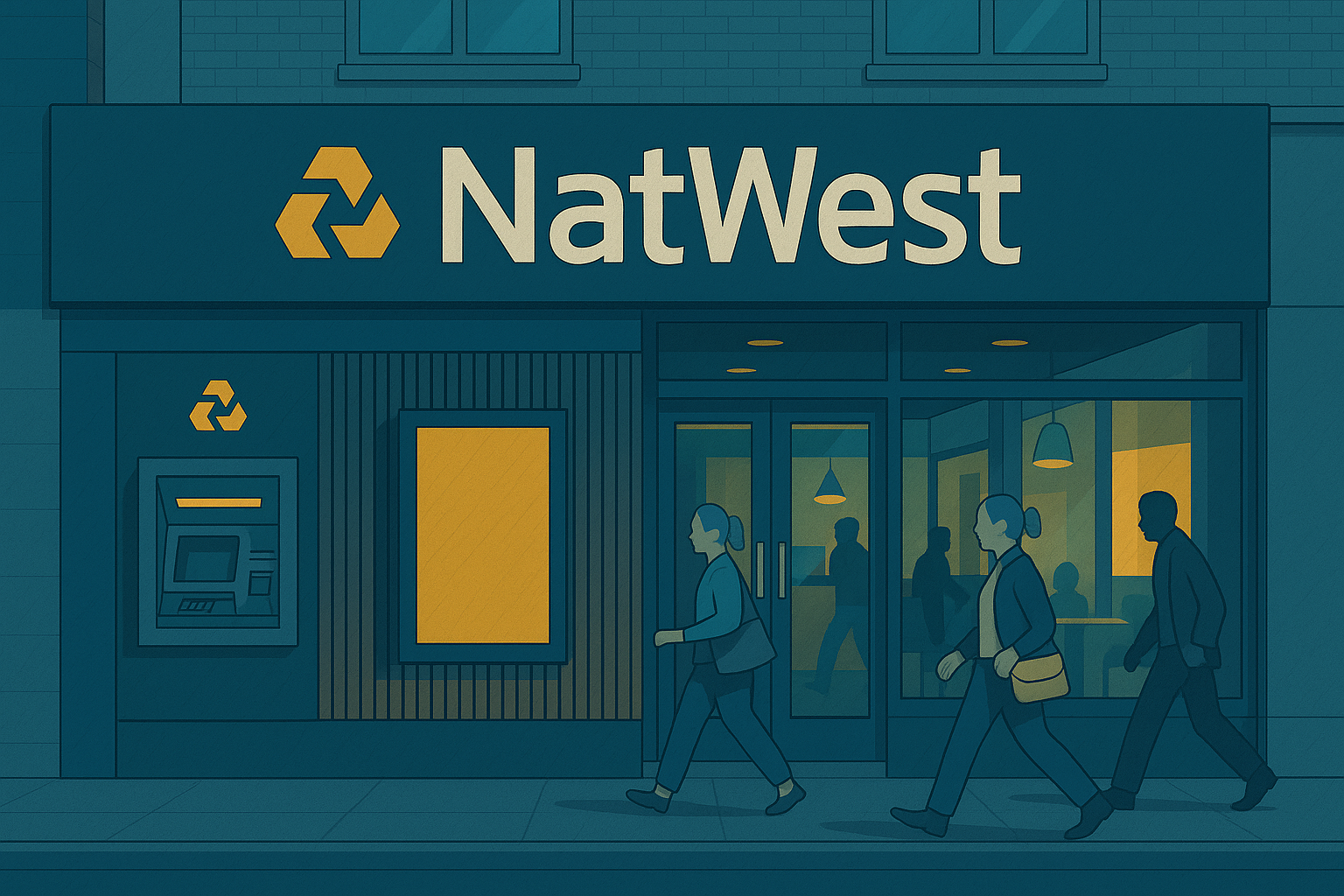UK inflation rose to 3.8% in July, defying forecasts and intensifying pressure on policymakers and households alike.
The Consumer Prices Index (CPI) climbed from 3.6% in June to 3.8% last month, according to the Office for National Statistics (ONS). The reading surpassed economists’ consensus expectation of 3.7% and now stands at its highest level since January 2024.
Core inflation — which excludes food, energy, alcohol and tobacco — also rose, inching up from 3.7% to 3.8%. Services inflation, a key measure monitored by the Bank of England, increased to 5.0%, up from 4.7% the previous month.
The latest figures were driven by continued price growth in essential categories. Food and non-alcoholic beverages rose 4.9% year-on-year, with notable spikes in beef, chocolate, coffee and orange juice. Transport inflation rose sharply, led by a 30.2% monthly increase in airfares, alongside higher petrol and energy costs. Housing costs were one of the few moderating forces, with owner-occupier costs falling month-on-month for the first time since March 2010.
Chancellor Rachel Reeves acknowledged the setback, noting that while inflation has come down from a peak of 11.1% in October 2022, the return to price stability remains uneven. She added that the Bank of England’s recent rate cut to 4.0% could now face new headwinds.
July’s figures further complicate the monetary policy outlook. The Bank of England’s recent narrow 5–4 vote to lower interest rates may now mark a pause, rather than the start of a broader easing cycle. A Reuters poll this week suggested that only one more rate cut is likely this year, with further reductions postponed until early 2026.
The UK remains an inflation outlier among G7 economies. US inflation currently stands at 2.7%, while the eurozone average is closer to 2%. Analysts point to structural cost pressures in the UK economy — including persistent food inflation and regulation-linked energy prices — as key contributors.
The impact on households is already evident. The Resolution Foundation highlighted that price rises continue to hit essentials hardest, with lower-income families bearing the brunt. Rail fares are also projected to rise 5.8% in 2026, linked to current RPI inflation of 4.8%, further straining budgets.
While some factors — such as seasonal air travel and hospitality costs — may ease, the broader inflation trend suggests that the UK’s path to monetary normalisation remains fragile.
The next inflation release, due in September, will be closely watched for signs of moderation or further entrenchment — and could shape both monetary and fiscal decisions heading into the autumn budget.




